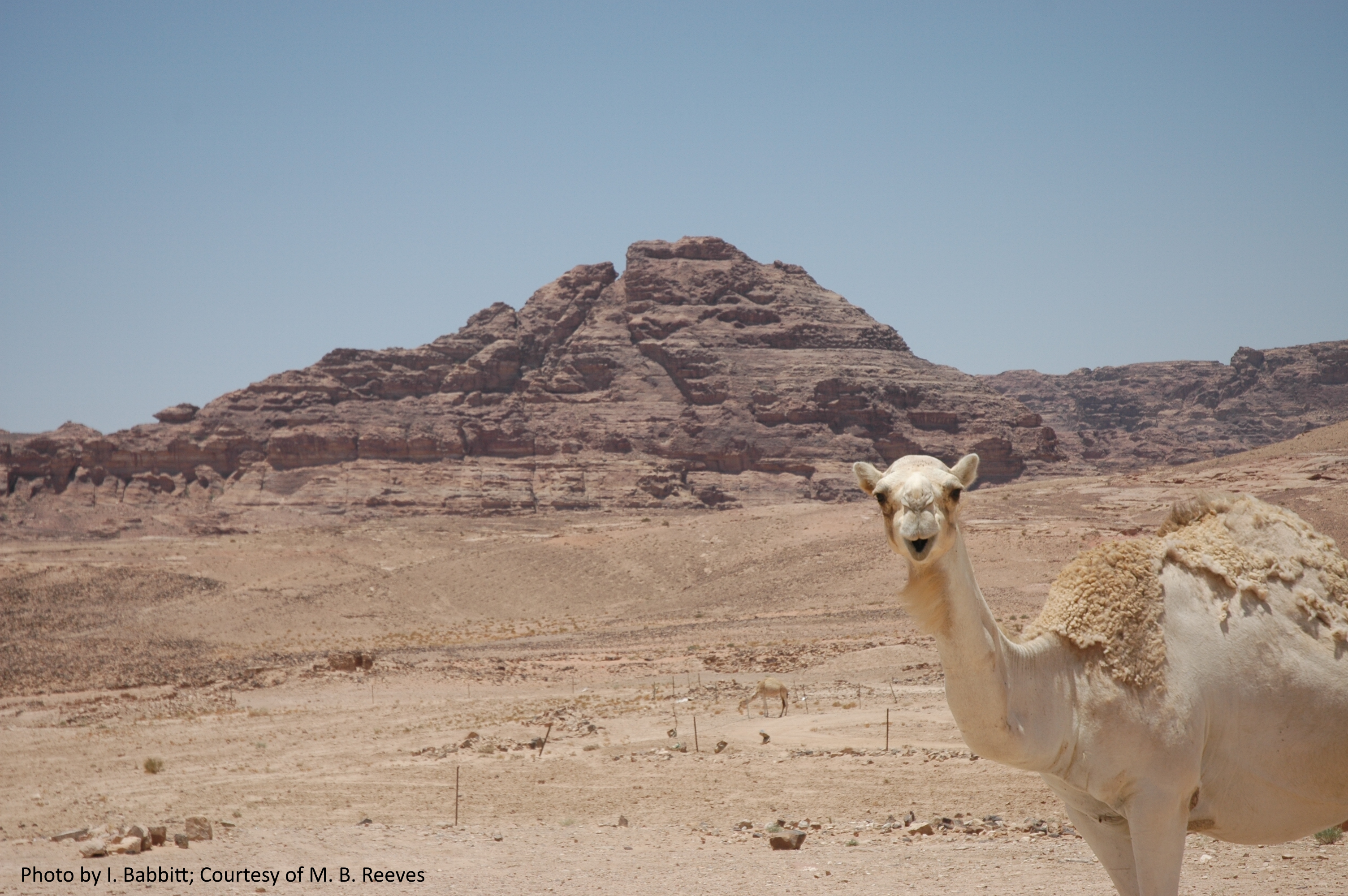Archaeological Field School - Humayma, Jordan

Are you interested in joining an archaeological project in Jordan?
Field School Dates: May 17 - June 7, 2025
The summer of 2025 will mark the start of a new archaeological project at the site of Humayma, located in southern Jordan. This new project and the associated field school will provide an opportunity for University of Alberta undergraduate and graduate students to gain hands-on experience handling and recording archaeological artefacts and mapping ancient remains in a safe and exciting learning environment.
The archaeological site of Humayma is located 55 km north of Aqaba and 45 km south of Petra. The settlement was founded by the Nabataean people in the first century BCE and served as an important trade stop between Petra and the Red Sea. Shortly after the Roman annexation of Arabia in 106 CE, Humayma became the site of one of the first Roman forts in the new province. As a result, excavation at Humayma has revealed crucial information about early Roman occupation of this territory and insights into the relationship between the Roman military and the local community.
Humayma continued to thrive throughout the Roman and Byzantine periods, as demonstrated by the five known churches built during this time. In the early Islamic period, Humayma attained global significance as the home of the Abbasid dynasty which overthrew the Umayyad caliphate in the mid-8th century CE.
Humayma has a long history of archaeological investigation by Canadian excavation teams. Between 1986 and 2005, the site was surveyed and excavated by Prof. John P. Oleson of the University of Victoria, and between 2008 and 2014 by Prof. M. Barbara Reeves of Queen’s University. Since 2014, work has focused on publishing the results of these earlier investigations, but much more remains to be discovered at the site.
The project goals of the 2025 season will be the creation of a high-resolution digital map of Humayma and an up-to-date assessment of the risks to its cultural heritage. Ultimately, these initial goals will help guide future excavation at the site.
As a participant in this project, you will be directly involved in the collection of archaeological data and will learn best practice and modern archaeological techniques from experienced archaeologists.
By the end of this three-week field school, you will be able to:
- Properly record and handle archaeological artefacts
- Document exposed and standing remains of in situ architecture and evaluate potential risks to these archaeological remains posed by looting and erosion
- Correctly use a selection of digital recording techniques
- Work as a team to carry out limited surface collection of artefacts
During your time in Jordan, you will also have the chance to experience Jordanian culture and visit several of the country’s impressive archaeological sites and stunning landscapes, including Petra, Wadi Rum, and Jerash. In doing so, you will also come away from this field school with an appreciation of Jordan’s rich cultural heritage and many life-long memories.
This six-credit field school is open to undergraduate and graduate students with a background in Classics, Classical Archaeology, Anthropology, Art History and Ancient History. Students from other disciplines may apply too but are encouraged to contact the project director prior to sending in their application.
NB! These courses will partially fulfill the requirements for the BA with a major in Classics, BA with minor in Classics and the Faculty of Arts Certificates in Archaeology, International Learning and European Studies.
Instructors
Dr. Craig Harvey and Staff